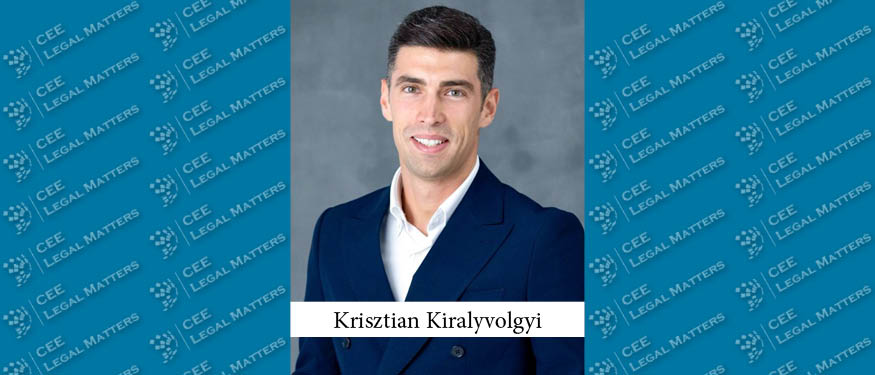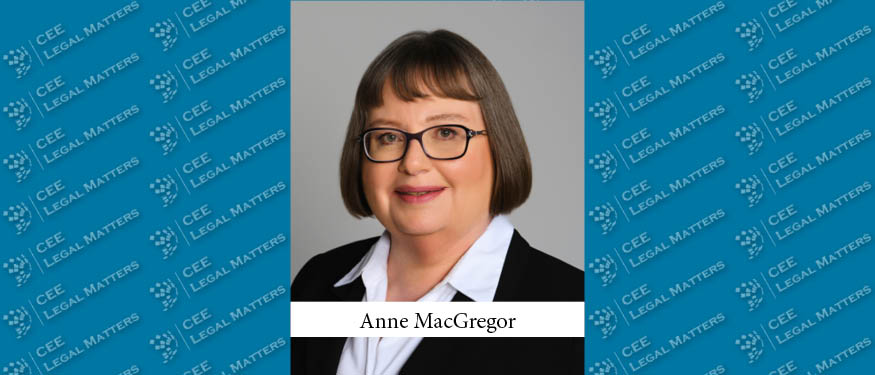As the war in Ukraine reshapes the country's economic landscape, the antitrust sector faces significant challenges and transformations, according to Integrites Senior Partner Vyacheslav Korchev, who highlights a growing trend of domestic M&A activity and a push toward aligning with European regulatory standards.
"When the war began, the number of foreign transactions in Ukraine plummeted as international clients grew hesitant to engage in the market," Korchev begins. "Many clients now question whether they need to file antitrust notifications at all or if they can bypass the Ukrainian market entirely."
He goes on to say that "the local market has remained very active, with a notable increase in domestic M&A transactions. As a result, the market has rebalanced, maintaining roughly the same volume and number of filings as before the war, though the nature of these transactions has shifted." Moreover, he reports that the pipeline international work is growing again: "When the war started, many Ukrainian business owners began rethinking their strategies; some relocated their operations abroad, and others pursued small M&A deals outside of Ukraine, particularly in the pharmaceutical, agribusiness, and IT sector." Korchev explains that these cross-border transactions have been a significant trend, reflecting a broader push by Ukrainian companies to expand to new markets and align their internal policies and procedures with European standards.
Still, this alignment brings a host of compliance challenges and new projects. "Ukrainian companies are increasingly trying to adopt European practices in their domestic operations, which is also part of the country’s broader effort to harmonize its laws with the European Union. For instance, we currently have five active projects where Ukrainian clients are working with Brussels-based firms to bring their operations in line with Western European standards," Korchev reveals.
Focusing on specific legislative endeavors to facilitate this harmonization, Korchev reports that the Ukrainian parliament is considering two critical bills. "Being part of the ongoing competition reform, one [of these bills] focuses on dawn raids, seeking to reform current procedures to ensure they align with European norms. Although the state authority [Antimonopoly Committee of Ukraine] has had the right to conduct dawn raids since the beginning of the year, no comprehensive inspections have been carried out yet due to procedural gaps. And this bill should ultimately deal with them," he says. The second bill, focused on the protection of fair competition, proposes adjustments to merger thresholds within privatisation which has again been given a way in Ukraine. Moreover, Korchev says that another noteworthy trend is the "increasing emphasis on economic analysis in cross-border antitrust matters."
Reporting on the sectors that are currently the most active in terms of antitrust filings and M&A activity, Korchev indicates that there is ample activity in "pharmaceuticals, energy, and food production. Additionally, fintech and foodtech companies are particularly dynamic, often needing merger clearances across multiple jurisdictions—sometimes as many as seven or eight."
Looking ahead, Korchev believes that the future is both challenging and promising. "As Ukraine strives to integrate with European standards, we can expect a continued evolution in antitrust laws and enforcement. The increased focus on economic analysis and the push for legislative reforms will likely create new opportunities for both domestic and international firms operating in Ukraine." Despite the ongoing conflict, there’s a "clear drive toward modernization and alignment with global practices, which will ultimately strengthen the country’s competitive landscape," Korchev concludes.















